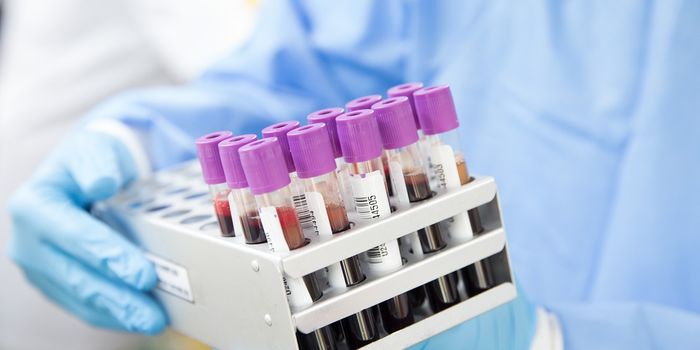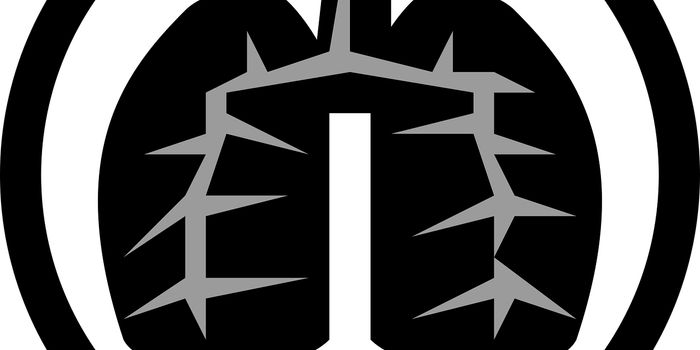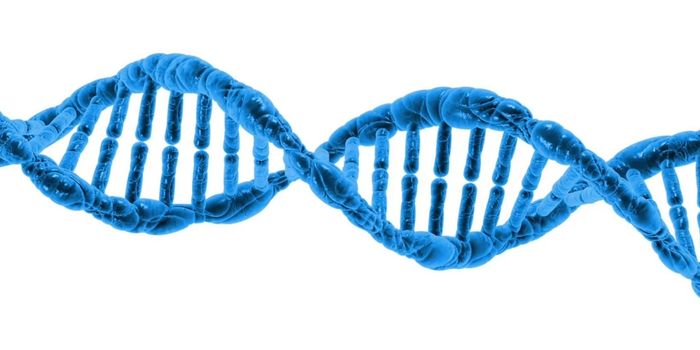A common trace element may influence
liver cancer risks, researchers from Germany reported. Specifically, the study found that low levels of a mineral known as selenium had as much as 10 times the risk for liver cancer. While the study doesn’t yet support selenium supplement as an anticancer therapy, it highlights the importance of how nutrition can greatly impact our cancer risks.

Selenium (atomic number 34) is a trace element essential in normal biological processes, such as reproduction, metabolism, DNA synthesis, and protection from infection. Foods rich in selenium include fish, shellfish, meat, milk, nuts, and eggs. Selenium deficiency can lead to diseases, such as cardiomyopathies (Keshan disease) and bone disorders (Kashin-Beck disease).
In a large case-control investigation, researchers looked at over 477,000 adults who were part of the European Prospective Investigation into Cancer and Nutrition (EPIC) study. The goal was to identify whether selenium levels were linked to cancer risks.
Among the cohort, the researchers found that 121 patients had liver cancer also had significantly lower levels of selenium than healthy controls. In comparing selenium levels and cancer risks, the team found that low selenium is linked to as much as a five- to tenfold greater risk of liver cancer.
"We have been able to show that selenium deficiency is a major risk factor for liver cancer," said Lutz Schomburg of the Institute of Experimental Endocrinology. "According to our data, the third of the population with lowest selenium status have a five- to ten-fold increased risk of developing hepatocellular carcinoma -- also known as liver cancer."
The results of this study is even more interesting, considering that a previous study reported selenium-derived compounds (termed selenocompounds) could prevent cancer cells from becoming resistant to chemotherapeutic drugs. Thus, it is very well conceivable that lower selenium could boost the risks for cancer growth.
Importantly, the study did not find the same association with gallbladder, biliary tract, and intrahepatic bile duct cancer. However, this could be because the numbers of these cancers in the EPIC cohort were small.
Furthermore, the researchers note that the results of this study should not be overextended. That is, they reported a link between low selenium and increased cancer risks, but more research is needed to establish whether selenium can normalize this risk. "Our study does not show that selenium supplementation has a direct protective effect against liver cancer. However, it does confirm the importance of a balanced diet, of which selenium forms an integral part," said Schomburg.
Additional source:
Charité - Universitätsmedizin Berlin









